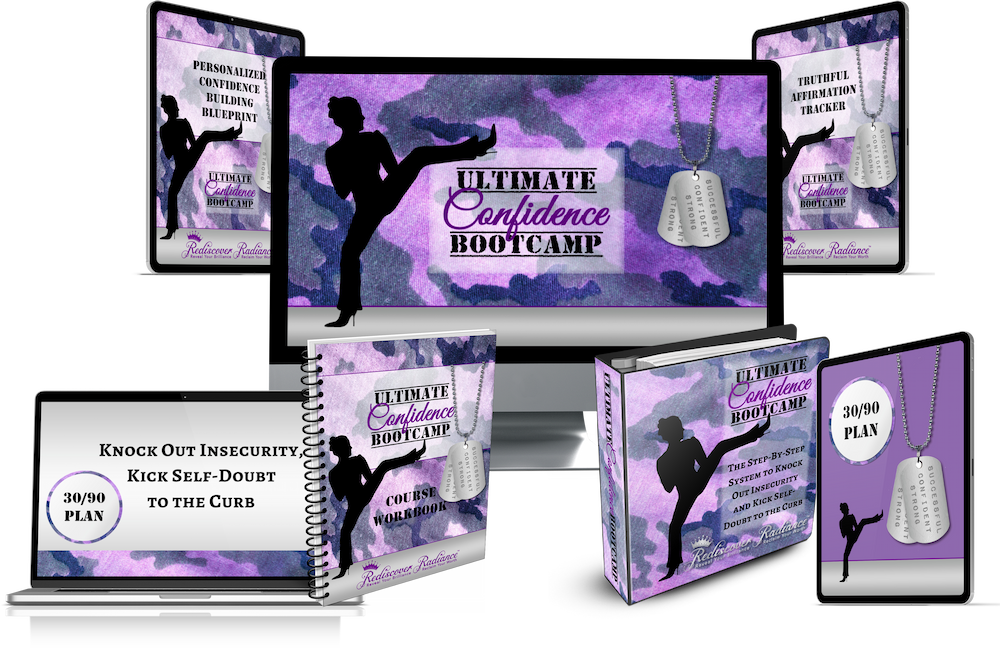It’s not always easy to stand up for yourself when someone does you wrong. In today’s outrage-driven culture, many people react with defensive anger and hostility. On the flip side, you might passively ignore the issue and pretend like it doesn’t matter.
But neither of these responses is particularly healthy or effective.
It takes a combination of confidence and humility to stand up for yourself in a productive fashion that honors both yourself and the other person.
Take, for example, The Speaking Engagement that Got Away.
The Set-Up

I should be on my way this week to L.A. to speak at a conference I committed to last fall. The organizer and I had several conversations about my role in the event, the location, etc. I updated my slides and put the event in my calendar. In ink.
You get me? I was committed.
Then in February, the event organizer emailed me to reconfirm my participation (even though I’d already given her a definite “Yes” – twice). In my mind, it was a done deal. So I was surprised that she asked to confirm yet again. But I replied to her email, confirming my commitment a third time. I also asked a few questions about tech for the event.
But I didn’t hear back from her. I waited patiently. After all, we’re all busy, right? I wasn’t in a big hurry to have my questions
The Disappointment
Well, long story short, the event organizer told me that she never got a reply to her February email, so she booked another speaker.
I was devastated. And ticked. I DID respond; I even cc’d myself on the email so I knew it got delivered.
I’ll be honest. A big part of me wanted to crawl under a rock and hide. Have a pity party and eat a big bowl of strawberry cheesecake ice cream. Another part of me wanted to tell her off.
Neither option would solve my problem. I needed a plan to stand up for myself with confidence.
5 Steps to Stand Up for Yourself with Confidence
1) Pause and breathe.
Take a moment to get your emotions in check. Don’t respond with a knee-jerk reaction that you’ll regret later. Be assertive, not defensive.
I needed a good hour before I was emotionally ready to respond to the situation in a constructive way.
2) Consider the other side.
Remember that there is a living, breathing person on the other end of the conversation. Consider their feelings. Try to understand where they’re coming from. Also, consider what you could have done differently. When you do this, you can avoid being aggressive and lashing out.

The event organizer thought I flaked on her. Maybe my email went to spam. Maybe it got lost in cyberspace. Perhaps other people DID flake on her, so she assumed the worst from me.
On my end, I could have followed up with her sooner. I should have asked for a contract right away when she didn’t provide one. Lesson learned for next time.
Taking personal responsibility gives you power! It also avoids unfairly putting all the blame on one person. After al, it takes two to tango, as they say.
This does not excuse her responsibility to provide a contract immediately upon booking me as a speaker. It does not excuse her responsibility to follow up when she didn’t hear back from me in February. But it helped me understand where she was coming from.
3) Assess the damage.

To stand up for yourself, you have to see where and how you were wronged. What did you lose? How were you hurt? Be as specific as possible. Facts trump feelings when you stand up for yourself. So take an honest assessment of the damage.
In my case, I turned down other opportunities – both personally and professionally – because I committed to her event. I lost time by preparing my presentation, which I could have used helping a new client, working on my latest book, or pursuing other speaking opportunities.
4) Phone a friend.

Sometimes, you just a hug, virtual or otherwise. Someone to say, “Yeah, that really sucks, and I’m sorry that happened to you.”
Also, they may give you a little perspective. A second opinion. Find s
I could have called up one of my friends from Mom Club and told her the story. But I wanted more than just sympathy. I wanted perspective from someone who understood business, speaking engagements, and event planning.
5) Ask for what you want.
The final step to stand up for yourself is to ask for what you want. Is there a workable solution to the problem? A way to make it right? A way to make up for the real costs (and opportunity costs) you incurred? Remember, facts trump feelings. State your request clearly and respectfully.
You can’t control what other people do. You can’t force them to make things right. Or even apologize.
But you can control your responses – your actions and attitudes. The important thing is that you have the confidence to stand up for yourself, regardless of their response. Honor yourself. Acknowledge that you are worthy, and that you deserve to speak your mind and air your grievances. That act, in and of itself, boosts your confidence.
And sometimes, that’s resolution enough.
Stand Up For Yourself: Take it Further
For more tips on how to stand up for yourself, watch my video about how to end self-sabotage. In the video, I share tips and training from my book, The Self-Worth Solution for Smart Entrepreneurs: Know Your Self-Worth, Grow Your Net Worth.

And if you want extra help gaining the confidence to stand up for yourself (hey, we can all use more confidence!), check out my Ultimate Confidence Bootcamp, a 90-day program to knock out insecurity and kick self-doubt to the curb.
Go ahead. You’re worth it.
